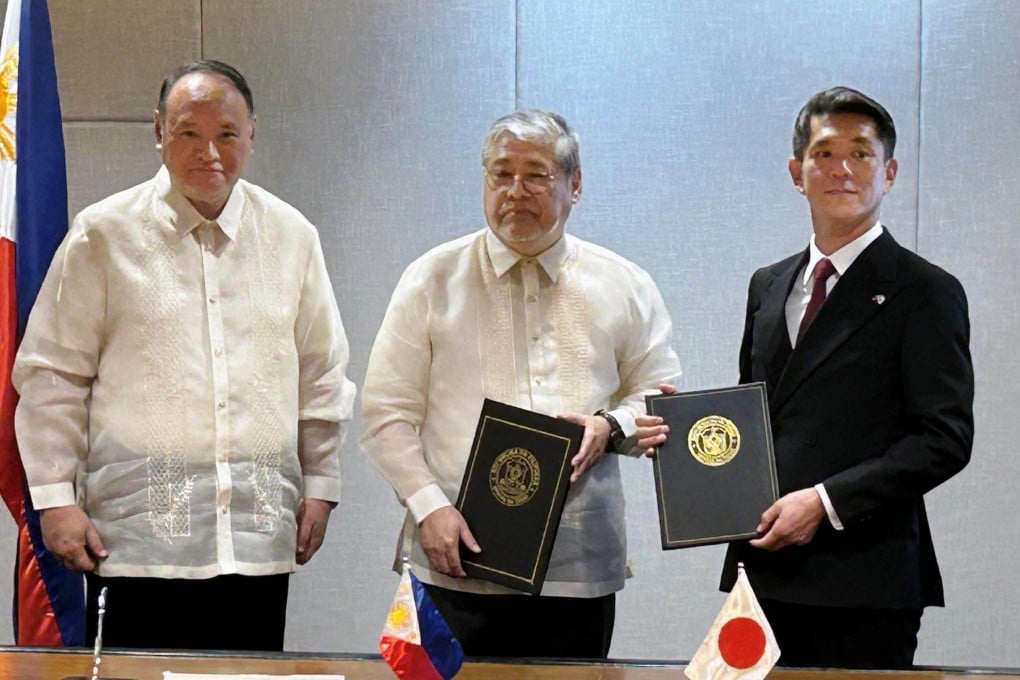Philippine military upgrade but no mutual defence: pros and cons of Manila-Tokyo deal
The deal strengthens defence ties between the nations, but analysts warn it could entangle the Philippines in Japan’s regional security role

The Philippine Senate’s approval of a military access agreement with Japan reflects Manila’s efforts to strengthen defence ties, but analysts caution it may complicate relations with Beijing by involving the Philippines in Japan’s expanding regional security role.
The Senate, which includes members from both ruling and opposition parties, unanimously approved a resolution concurring with President Ferdinand Marcos, Jnr’s ratification of the Reciprocal Access Agreement (RAA), a defence deal that permits Japanese military forces to conduct training and exercises on Philippine soil and vice versa.
However, Japan’s Diet must still concur for the agreement to take effect.
The timing of the vote is uncertain after Shigeru Ishiba replaced the architect of the deal Fumio Kishida as Prime Minister of Japan on September 27. Although both are from the Liberal Democratic Party, Ishiba has proposed an “Asian version of Nato”, according to an October report by NPR.
Signed in July by Philippine Defence Secretary Gilberto Teodoro Jnr and Japanese Foreign Minister Yoko Kamikawa, the RAA is designed to enhance joint drills, interoperability and access to facilities between the Armed Forces of the Philippines and the Japan Self-Defence Forces, marking a significant step in defence collaboration between Manila and Tokyo.
Army Brigadier General Michael Logico, deputy commander at the army’s Training Command and director of the Joint and Combined Training Center for the annual Balikatan exercises with the United States, hailed the senators’ move, saying the RAA would “make us better prepared [to counter China’s aggressive moves in the South China Sea]”.